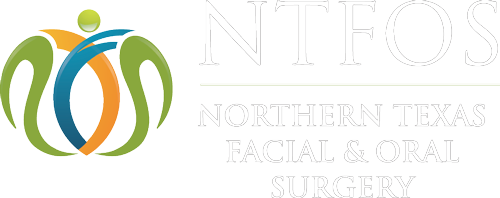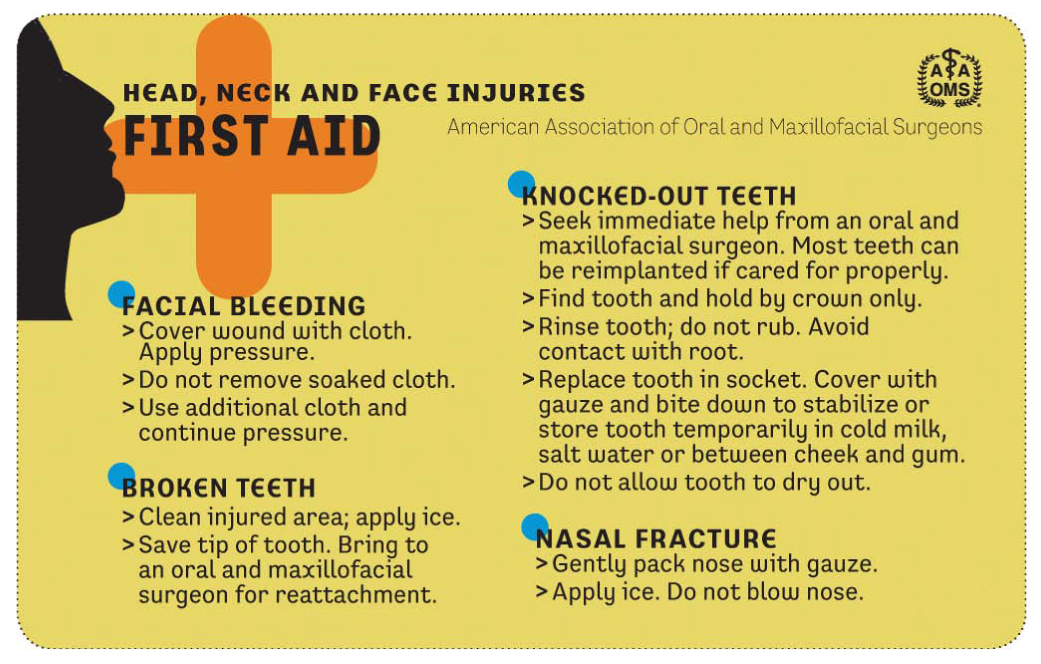3 Reasons to Have Corrective Jaw Surgery
Jaw surgery can be a frightening prospect for patients, but it’s often not as big an ordeal as they initially envision. The procedure, which may also be called orthognathic surgery, can often be performed in an outpatient setting. Many patients are able to resume most of their normal activities in a matter of days, although some may face slightly longer recovery periods depending on the specific nature of the surgery. Here are three main reasons that an oral surgeon may recommend jaw surgery: To eliminate pain and other symptoms of temporomandibular joint (TMJ) disorder: A misaligned jaw does not move properly, which puts strain on the muscles and tendons surrounding the jaw. Structural defects associated with TMJ disorders also can contribute to discomfort. Surgical procedures that address these problems can give patients relief from the symptoms of TMJ disorders. To improve the smile’s aesthetics: Malocclusions such as underbites, overbites or…

